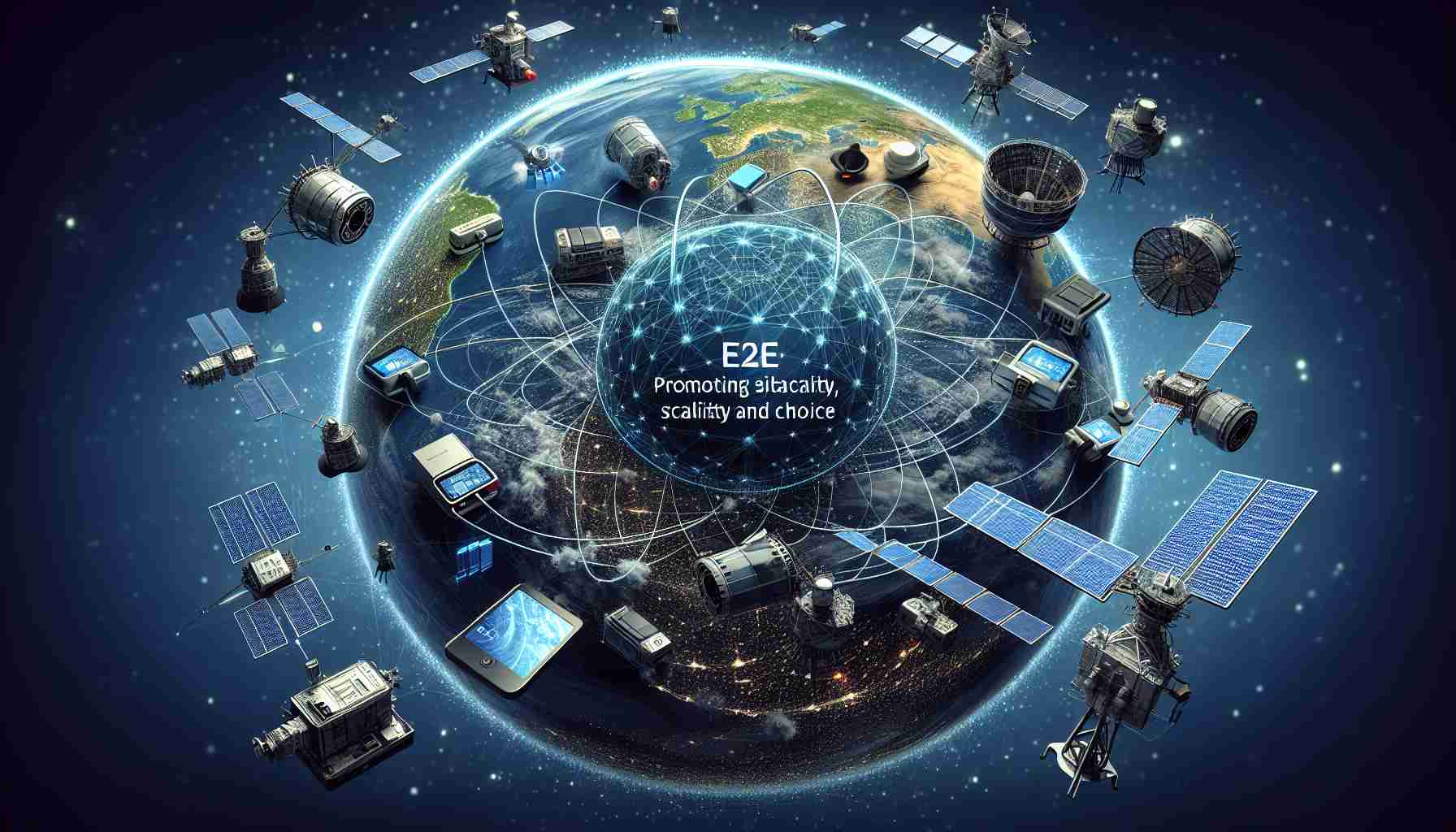Viasat, Inc. (NASDAQ: VSAT), Terrestar Solutions, Ligado Networks, Omnispace, and Al Yah Satellite Communications Company PJSC (Yahsat) have announced the formation of the Mobile Satellite Services Association (MSSA). The organization aims to bring significant scale and choice to the promotion and development of the emerging Direct-to-Device (D2D) ecosystem.
MSSA aims to develop a global ecosystem utilizing over 100 MHz of L- and S-band spectrum that has already been allocated and licensed for Mobile Satellite Services (MSS). Licensed MSS bands offer a range of benefits such as the ability to immediately provide Narrowband Internet of Things (NB-IoT) services through existing satellite networks, existing international regulatory frameworks, no interference with terrestrial networks, and increased spectrum capacity for the development of 5G New Radio (5G-NR) services. Through the MSS band, all mobile network operators will be able to offer space-to-ground integration in their service areas without relinquishing terrestrial spectrum.
By combining their expertise with other ecosystem partners, the founding members support the integration of terrestrial and non-terrestrial networks (NTN) to provide scalable, sustainable, and cost-effective connectivity for any device, anywhere, and anytime. Versatile D2D services can expand communication scope and enable competition in various large and diverse segments such as cellular, industrial, government, agricultural, automotive, and others. The association will promote the D2D service provider ecosystem, including terrestrial and satellite network operators, OEMs, infrastructure providers, chip manufacturers, and others.
The objectives of MSSA are:
– Unlocking interoperable architectures and standards for use in multi-orbit satellite systems, terrestrial infrastructure, and end-user devices.
– Enhancing seamless global roaming between terrestrial and satellite networks through the development of recommended specifications.
– Achieving scale by improving coordination and collaboration mechanisms among MSS operators to maximize the use of over 100 MHz of available and licensed global MSS spectrum in countries pursuing advanced NTN services.
– Maximizing limited space and multi-orbit spectrum resources and applying sustainable design and network operations to enable cost-effective advanced NTN services.
– Supporting policies, regulations, and frameworks, including rational, efficient, safe, and sustainable use of spectrum and orbit, and where appropriate, objective and quantitative metrics regarding all objects in Earth’s orbit.
– Providing a neutral forum for coordinating 3GPP NTN standards and other international standardization activities.
– Supporting the integration of space networks with national telecommunications infrastructure through trusted local partners and within governmental regulations and national security frameworks.
– Supporting mechanisms for individual countries to participate in the new space economy through open standards and architectures and a space network supported by MSSA.
Integrating satellite communication with mobile devices presents a huge opportunity for the satellite industry. MSSA will be a driving force in creating this new market while respecting nations’ rights to active participation and maintaining sovereignty in the dynamically evolving space economy, said Mark Dankberg, MSSA Chairman and Viasat Chairman, and CEO. The association will help create opportunities to scale NTN systems through open, standards-based D2D and IoT solutions. We believe this can be achieved while preserving key aviation and maritime safety services provided by MSS and expanding markets that support diverse users with significant improvements in speed, capacity, availability, interoperability, and affordability.
For more information on the formation and mission of MSSA, visit the association’s website…
FAQ:
The source of the article is from the blog mivalle.net.ar
